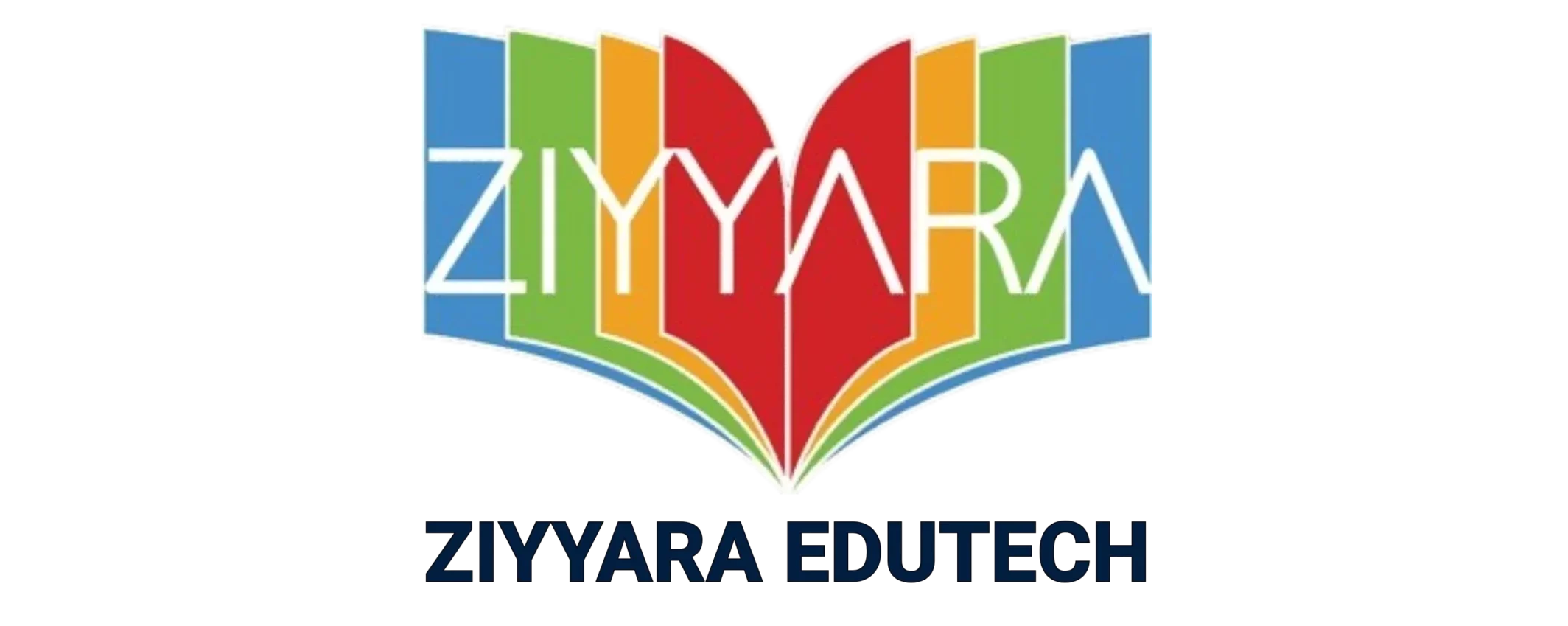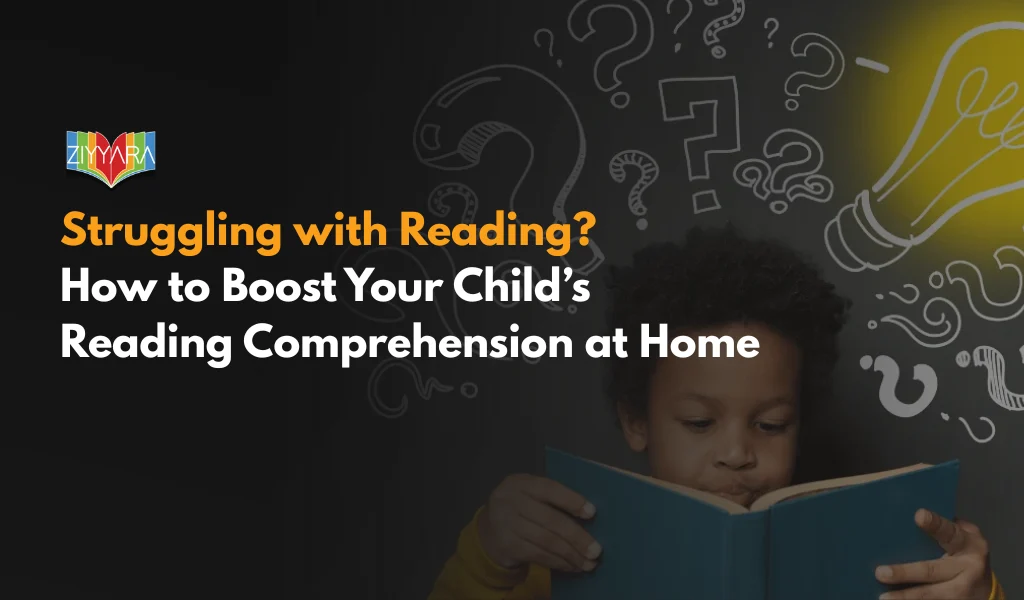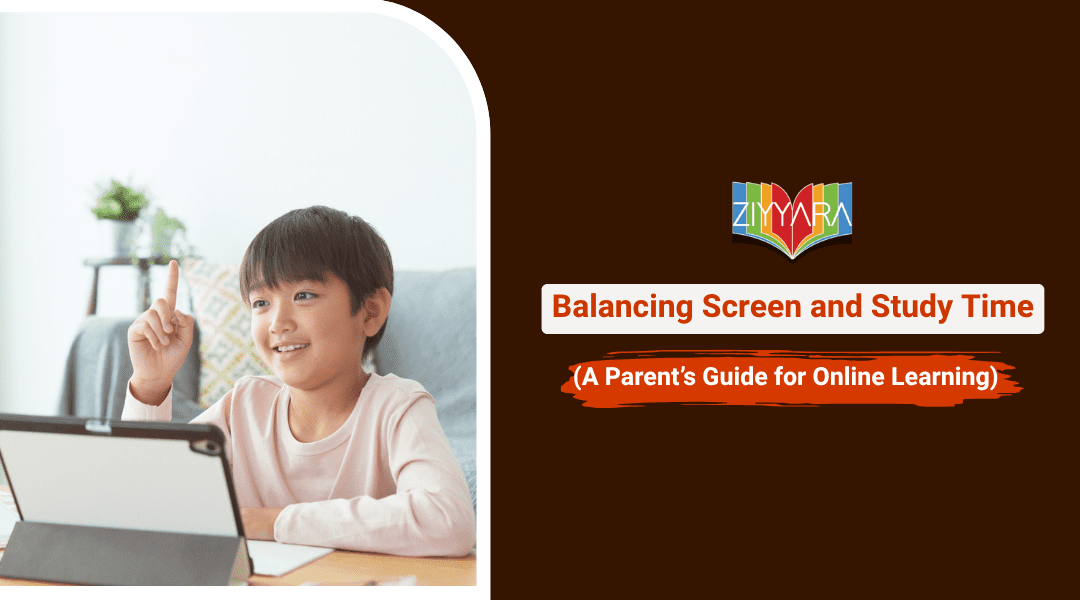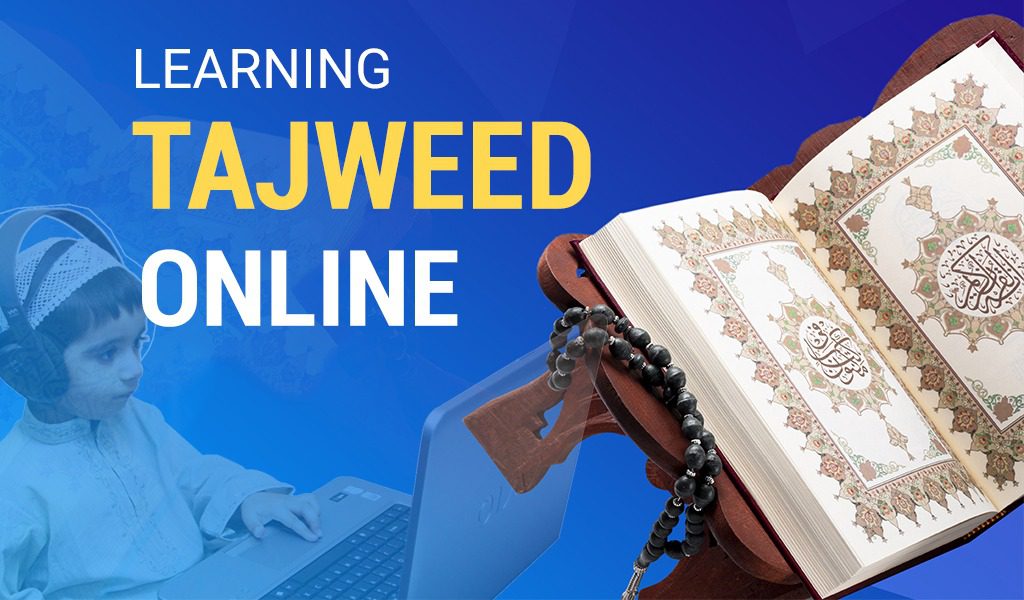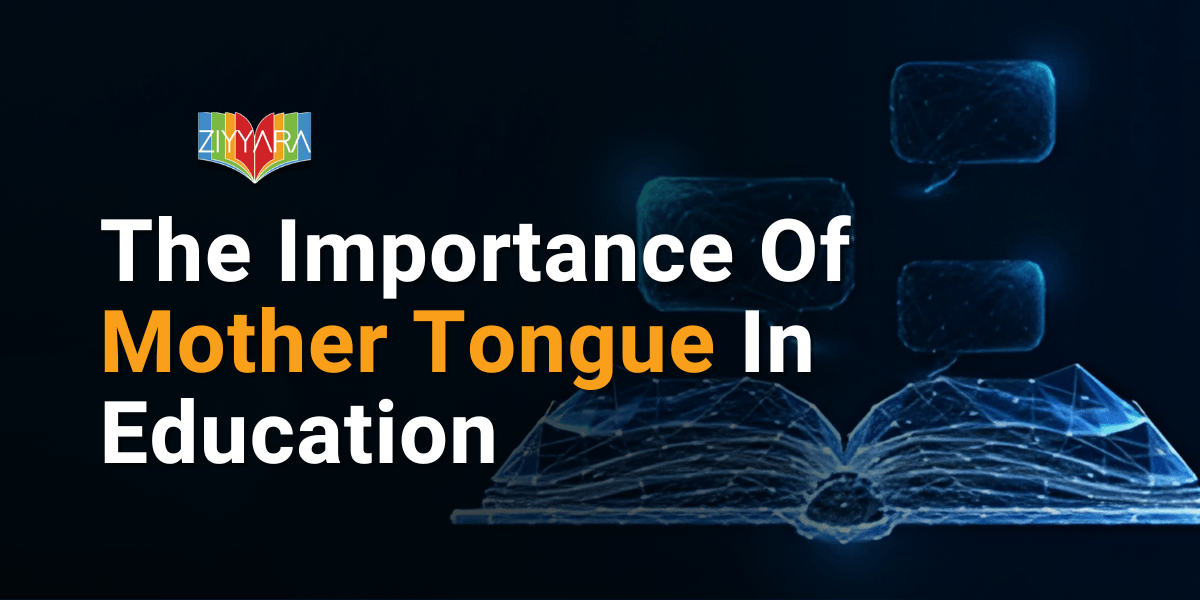
Book Your Free Demo Now!
Mother Tongue is Important in Education
Mother Tongue:
Language is defined as “a system of communication which consists of a set of sounds and written symbols which are used by the people of a particular country or region for talking or writing.” Mother tongue is defined as the first language a child is exposed to from the time of birth.
It actually is the language in which a child is spoken to before he begins to understand words. It also refers to a person’s native language or home language. It is the dominant language which in fact defines a person’s thoughts.
Relevance of Mother Tongue:
We are analysing the importance of mother tongue being the medium of education. This is important to analyse because at the time when children develop their mother tongue, a simultaneous development of a host of other essential skills such as critical thinking and literacy skills takes place in them. It actually builds up a child’s social, personal and cultural identity.
. As we are moving towards a society in which English is generally the medium of teaching, it is believed that we tend to move away from the language we have been brought upon. Children’s comprehension of the world around them, learning of different concepts and skills, starts with the language first taught to them. It gives words to their emotions and thinking. It can be said to be the language of heart and mind of any human being.
. As the concept of “first-language-first” is the schooling done in a child’s mother language. This literacy can actually get transferred easily to other languages that are learned later. A research by Canadian scientists reveal that being exposed to a language early in life influences how a person’s brain deals with other languages learned later in life.
. As Mother tongue provides children a base that makes it easier for kids to learn other languages later as well. According to a survey there are 50 to 75 million ‘marginalised’ children who do not get the opportunity to study in school.
Advantages of Mother Tongue
1. Mother tongue education refers to education that uses language that children are most familiar with. Children are most familiar with the language they speak at home. This language, if taught in school, makes comprehension, understanding and learning easier.
2. Various surveys have revealed that kids learn faster and better in the language they have been speaking in their homes. P Sree Nair of division For Child Studies, Centre for Economic and Social Studies and UNICEF, has researched on the “Effects of medium of instruction on learning levels.” This was the study on kids attending Telegu medium schools and the data was gathered in Andhra Pradesh.
3. P.Nair argues “learning levels of students can suffer at lower levels of schooling’’ if they have English as the medium of instruction. The impact of this is most on kids from poor background as they rarely get any support from the family in learning English or get help in clearing basic concepts of different subjects taught in English.
Children enjoy more when taught in their own language, preventing the delays and hiccups in learning. They enjoy school more and feel at home being surrounded by pupil and teachers speaking a familiar language. They are confident of themselves and sure about picking up new concepts with ease. This actually leads to higher self esteem in the students. Also, it is a matter of pride to know one’s mother tongue thoroughly.
4. It boosts confidence making a positive influence and shaping up the personality in an unambiguous way. It saves them from unnecessary stress of getting lessons in a foreign language and coping with its pressure. It ultimately leads to better academic performance of children.
The parents being familiar with their native language finds it easier to get engaged with the education of their ward. They find it easy to communicate with the teachers teaching their kids. Academic research suggests that smart parents should stick with their native language in their homes as this is the language they know best. English or for that matter any other medium of teaching will take care of itself in time.
5. Language is one of the most the important way of keeping the culture alive. Quite often the direct translation from mother tongue to another language makes the script lose its essence. Hence, proficiency in their native language develops a sense of belonging and identity with the culture and heritage among children.
They develop a sense of pride and a strong sense of self identity. Fluency in their native language is beneficial to a child. Everyone ways more than one and is important for the overall development of a child. It makes students remain connected to their culture roots.
6. Being taught in their mother tongue kinds of provide an equal opportunity to all regardless of their status, geographic location or different ethnic backgrounds.
In today’s interconnected world if a person is well versed in the mother language, it becomes easier to communicate and interact with the world at large and develop wonderful ideas that can lead the world from the front. Being bilingual makes you stand out of the crowd and lead the way.
Unlock Expert Guidance – Book Help Now!
Avail now by providing the below details

Disadvantages of Teaching In a Foreign Language:
1. Those students whose primary language is not their medium of instruction are likely drop out of schools or fail in early years of schooling.
2. UNESCO has data to prove that a child’s primary language is the optimal language for literacy and learning throughout primary school.
3. There is a surge of English medium schools all over the world. There are regions where they are confined to higher income groups, while there are places that were colonies of English and which never quite escaped the language’s grip. In such places we find English as their medium of education.
4. Parents’ desire for their children to master their language has led to the surge of private schools mushrooming almost in all the cities in the world. They hope that their children will get a University degree, obtain good jobs and will join the glittering world of global professionals.
At Ziyyara, initiatives are being taken to impart online education in different languages by the natives themselves. Ziyyara is conducting home tuition classes by natives in subjects like English and Arabic.
Ziyyara Edutech Helps: This helps students in getting command over the grammar and language. In the world where English has overshadowed all other languages, teaching in native language will make the survival of other languages possible.
. It makes the kids familiar with their mother tongue and when taught by natives, they learn the correct pronunciations and have a better command over both the language and the subject.
. It will also solve the long quest of the parents trying to find schools for their children where teaching is done in their mother tongue. This ensures that children get to learn both their mother tongue along with a grasp in English Language making them ready for the world and their community.
To conclude, though it is a matter of pride to be well versed in languages more than one, research provides strong evidence that it is always beneficial to impart education to children in their mother tongue.
Like? Share it with your friends
-
Facebook
-
Twitter
-
Linkedin
-
Whatsapp
-
Reddit
Recent Posts
How to Prepare for an Exam: Key
Struggling with Reading? How to Boost Your
Online Tuition for Class 5 CBSE –
Balancing Screen Time and Study Time: A


